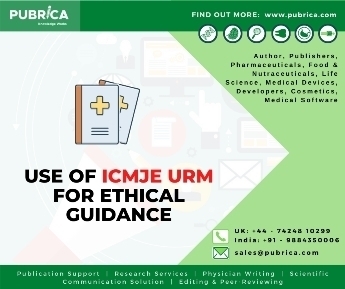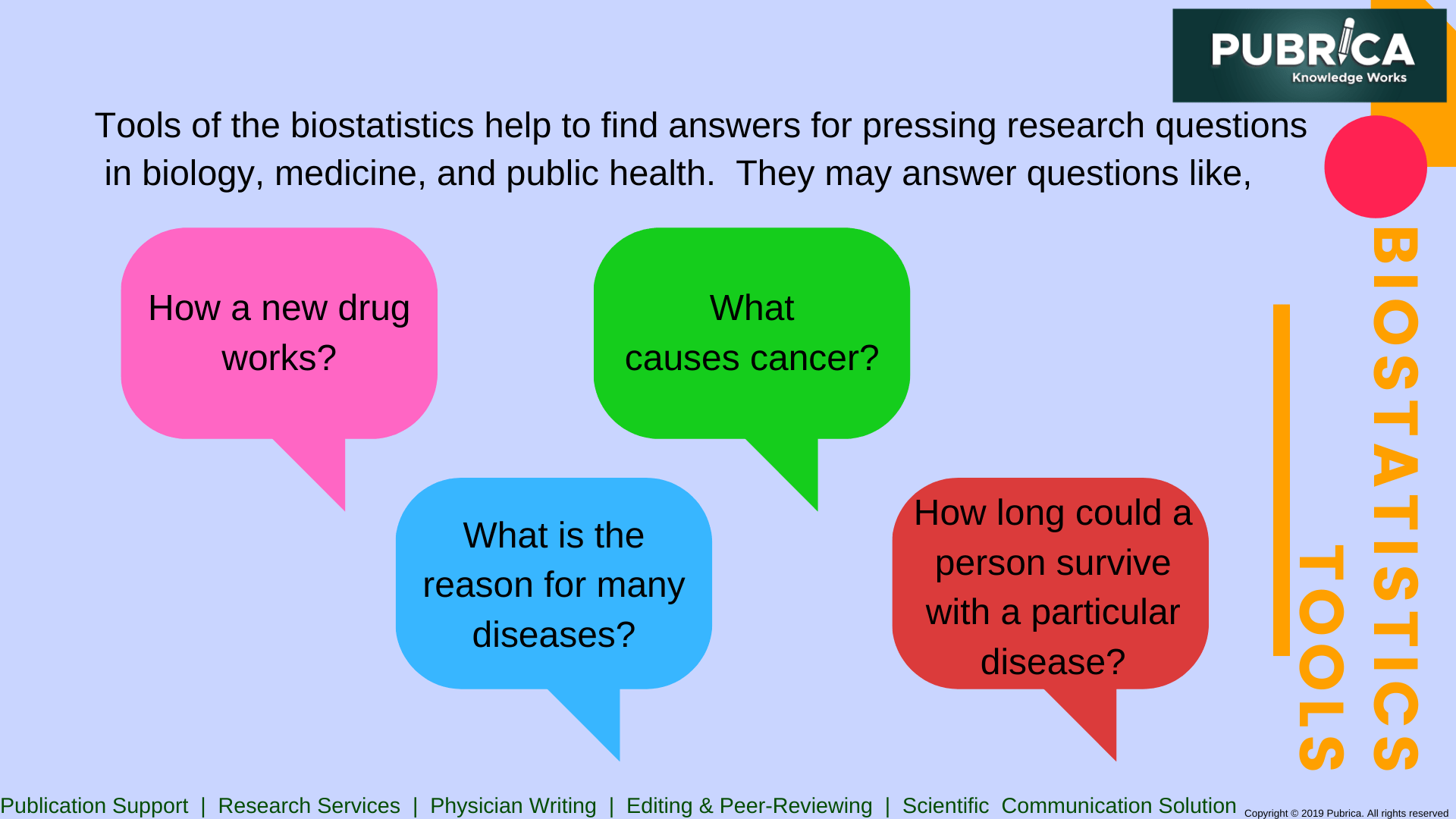
Role of Biostatistics and Responsibilities of Biostatisticians in Clinical Medical Research
October 23, 2019
Structure for writing an effective clinical review articles
October 31, 2019Pre-or post-publication Peer review of Scientific Manuscripts: Thoughts on Pros and Cons
Susan Fiske
If people are going to do post-publication peer review, they need to abide by the same rules as they abide by for pre-publication peer review: not being ad hominem, being respectful, giving the author a chance to respond in a reasonable way.
The conventional peer review is under a lot of challenges, criticisms, and increasing limitations now. Peer reviews which are traditional for centuries have now become better overcoming these issues. One of its evolutional models is the PPPR or Post-publication Peer Review (PPPR). By this way, authors can get their due credit by way of post-publication reviews online after the pre-publication reviews by eminent peers in the field. Rapid technology development impacts on online publication have made it possible. Peer review with this evolution will continue to safeguard the integrity of science and be the backbone of scientific publishing.
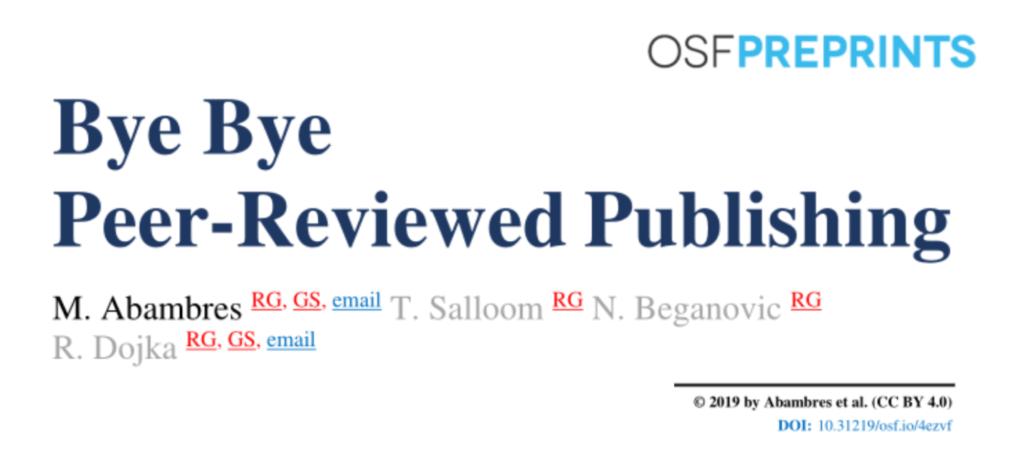
The technology has made it possible for scientific research papers to be accessible from anywhere and anytime. Hence review comments can be posted immediately on reading the research paper and shared on social media platforms. In other words, now the discussion on the strength and weakness of scientific papers are done real-time globally. It is a great leap from the pre-publication peer reviews done in rooms among a small group of scholars and editors of magazines.
In the traditional pre-publication peer review, the majority of the reviews are incorporated or discarded. All these information never see the light of the day, and hence peer reviews were lacking in transparency. With PPPR, it is now open to all to express their opinions and views on the scientific paper. It could be a boon to not only the author but also for the development and reach of science globally.
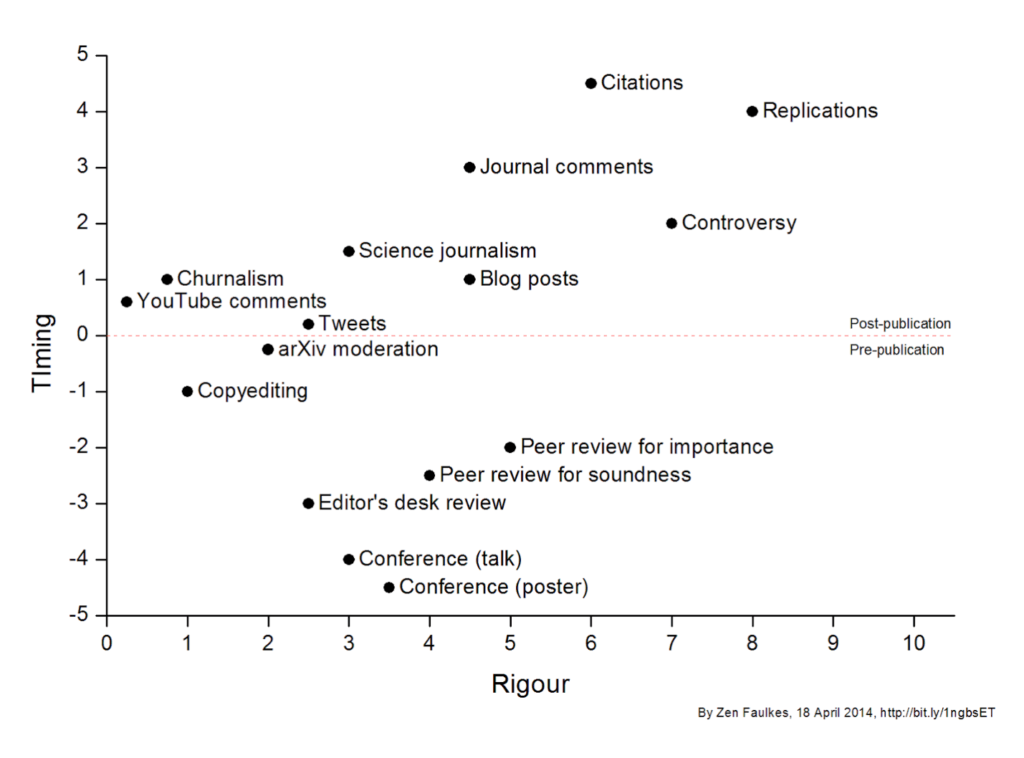
Is pre-publication peer review losing its sheen?
With new models of peer reviews and the impact of technology, many feel that the importance of pre-publication peer review is slowly losing its importance. Though pre-publication peer review is as old as scientific communication, it has its challenges and limitations, which include:
- Referees and editors are not always free of bias
- Reputed researchers get an easy review while new researchers get a high level of scrutiny in the peer review
- Undue time delay in the peer review process, and when it is in the case of rejection it takes another round of delay.
- Researches suggesting a change in the existing system need a lot of time and many revisions to prove it
- Negative results do not get published.
- It is hard to find quality peer reviewers now.
All of these challenges are now getting rectified with the new models like PPPR and others. Technology and challenges to the pre-publication peer reviews have necessitated the PPPR. Since most of the research papers now available online such as Nature has recently initiated post-publication process.
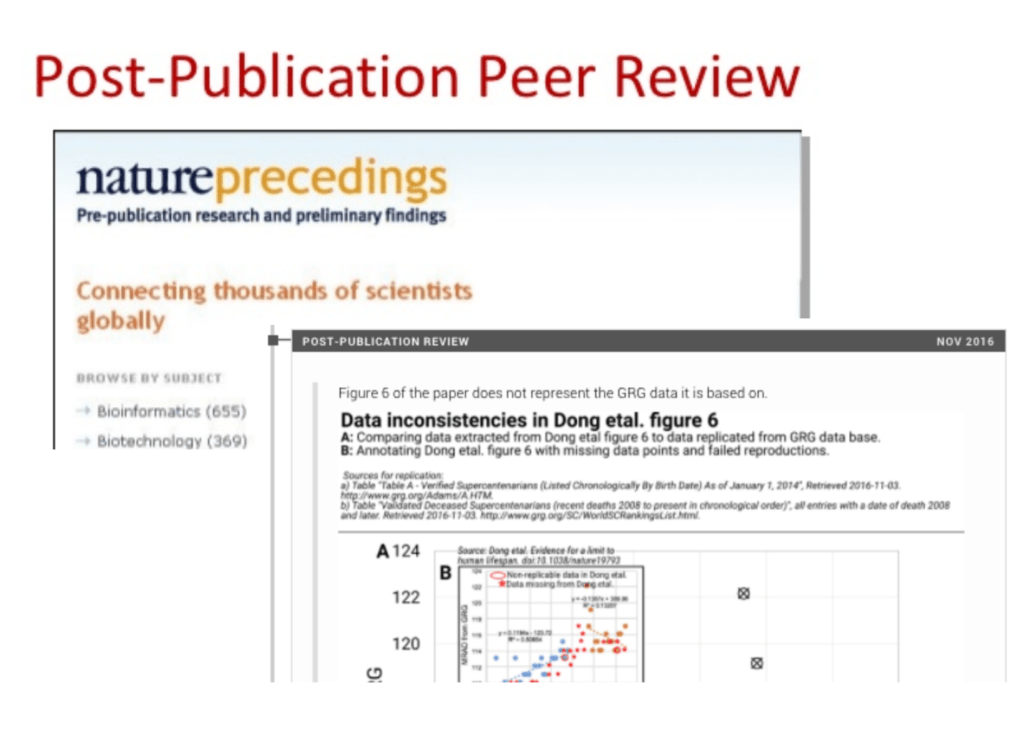
Despite, these there are several pros and cons.
Pros of post-publication peer review:
- Being a never-ending process, it offers opportunities for corrections
- Authors can get more feedback from peers by posting the research paper online. This way, they can avoid the agony of revising and resubmitting for peer view processes.

- It disseminates new research ideas fast than that of the peer reviews of journals.
- Increases engagement of the scientific community for more recognition and career improvement
- Provides transparency with the review publicly available to benefit anyone interested in the research
Cons of PPPR:
- It does not have the dignity of peer review, which was respected by all scientists for centuries
- It lacks motivation and sense of duty towards scientific researches.
- Too many choices like many platforms and alternative methods of use in communicating reviews (e.g. ScienceOpen, RIO, The Winnower, and F1000 Research). Beside there are annotations and commenting services such as PubPeer and Hypothesis.is
- Enables unqualified referees to tarnish the original work of the researcher with baseless allegations, arguments, and falsehoods in the name of freedom of speech
- Risk of non-constructive criticism from real peers taking a vigilante form
- Exposed to the threat of spammers and trolls on social media
Peer review is under a stage of transformation into new models with technology support. And only over-time, this centuries-old practice will refine to safeguard the integrity of science and encourage scientific publication of research papers.
Tags:
post publication peer review | peer publication peer review | peer review | post publication reviews | pre publication reviews | scientific publishing | scientific research papers

